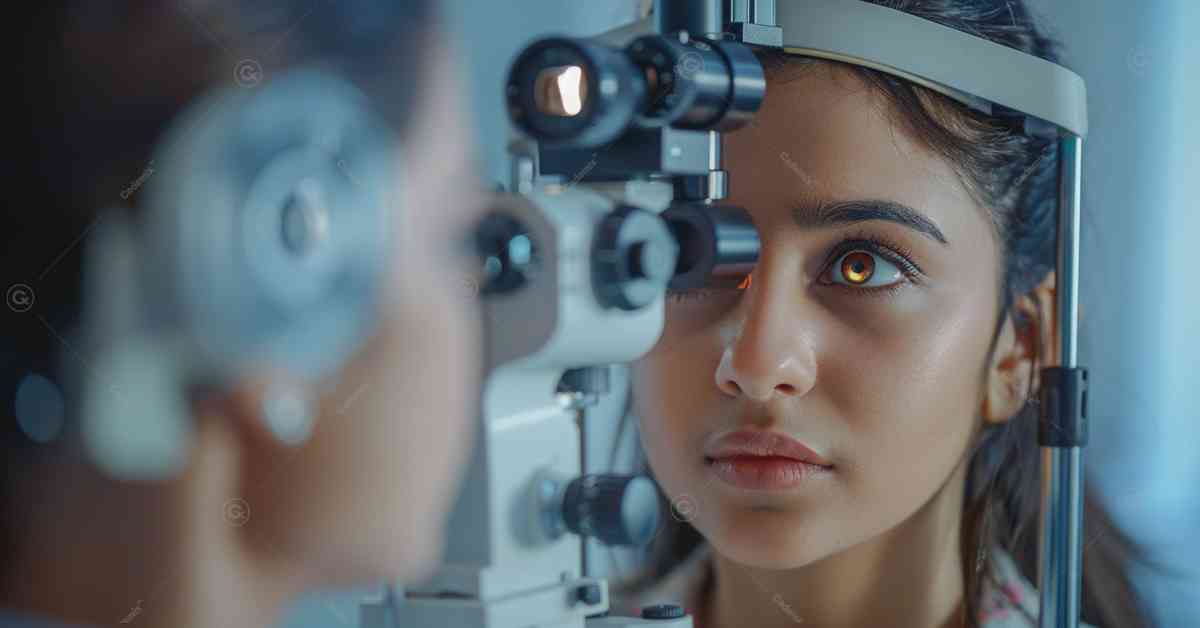Prescription contact lenses offer a versatile solution for vision correction, catering to various needs and lifestyles. This article explores the different types of prescription contact lenses, their benefits, how to choose the right lenses for your specific requirements, and the best practices for maintaining eye health.
prescription contact lenses, vision correction, eye care, contact lens types, lens care, astigmatism, presbyopia, myopia, hyperopia, European eye care, optometrists
Understanding Prescription Contact Lenses
Why Choose Contact Lenses?
Contact lenses provide a more natural field of vision compared to glasses, without the obstructions of frames. They move with your eyes, offering a stable vision and improving peripheral vision, making them ideal for sports and active lifestyles.
Common Vision Problems Corrected by Contacts
- Myopia (Nearsightedness): Difficulty seeing distant objects clearly.
- Hyperopia (Farsightedness): Difficulty seeing close objects clearly.
- Astigmatism: Distorted vision due to an irregularly shaped cornea or lens.
- Presbyopia: Age-related difficulty in seeing close objects clearly.

Types of Prescription Contact Lenses
Soft Contact Lenses
Soft lenses are made from hydrogels or silicone hydrogels that allow oxygen to reach the cornea, enhancing comfort.
Daily Disposable Lenses
- Usage: Single-use lenses discarded at the end of the day.
- Benefits: Convenience, hygiene, reduced risk of eye infections.
- Example: Dailies Total1 (Alcon).
Bi-Weekly and Monthly Lenses
- Usage: Worn daily and replaced every two weeks or once a month.
- Benefits: Cost-effective, fewer disposals compared to daily lenses.
- Example: Biofinity (CooperVision).
Extended Wear Lenses
- Usage: Worn continuously for up to 30 days, including while sleeping.
- Benefits: High oxygen permeability, suitable for busy lifestyles.
- Example: Air Optix Night & Day Aqua (Alcon).
Rigid Gas Permeable (RGP) Lenses
- Material: Durable materials that allow oxygen to pass through.
- Benefits: Sharper vision, particularly effective for astigmatism and keratoconus.
- Example: Menicon Z Night (Menicon).
Toric Lenses for Astigmatism
- Design: Different powers in different meridians to correct astigmatism.
- Benefits: Stable, clear vision.
- Example: Acuvue Oasys for Astigmatism (Johnson & Johnson).
Multifocal and Bifocal Lenses for Presbyopia
- Design: Multiple zones of vision correction within the lens.
- Benefits: Clear vision at all distances.
- Example: PureVision2 Multi-Focal (Bausch + Lomb).
Colored Contact Lenses
- Usage: Enhance or change eye color, available in prescription and non-prescription forms.
- Benefits: Aesthetic appeal, fun for special occasions.
- Example: FreshLook Colorblends (Alcon).
Scleral Lenses
- Design: Large-diameter lenses that rest on the sclera and create a tear-filled vault over the cornea.
- Benefits: Effective for severe dry eyes, keratoconus, and other corneal irregularities.
- Example: Boston XO2 (Bausch + Lomb).
Choosing the Right Prescription Contact Lenses
Factors to Consider
Vision Needs
Consult an eye care professional to determine your specific vision correction needs. An eye exam will measure visual acuity, check for refractive errors, and assess eye health.

Lifestyle
Consider your daily activities and environment. For example, daily disposables are convenient for travel and active lifestyles, while monthly lenses might be more cost-effective for regular use.
Comfort and Fit
Comfort and fit are crucial for successful contact lens wear. Your optometrist will perform a fitting to ensure the lenses sit correctly on your eyes and provide optimal vision correction.
Material and Technology
Different materials and technologies offer various benefits. Silicone hydrogel lenses provide high oxygen permeability, while RGP lenses offer excellent optical clarity.
Consulting an Eye Care Professional
Regular visits to an optometrist or ophthalmologist ensure your prescription is up-to-date and your lenses fit properly. Professional guidance helps you choose the best lenses for your needs and prevents complications.
Maintaining Eye Health with Contact Lenses
Cleaning and Disinfecting
Proper cleaning and disinfecting are essential to prevent infections. Use the recommended contact lens solution and follow the manufacturer’s instructions for cleaning and storing your lenses.
Avoiding Water Contact
Do not expose your contact lenses to water, including tap water, swimming pools, or hot tubs, as it can introduce harmful microorganisms.
Following Replacement Schedules
Adhere to the recommended replacement schedule for your contact lenses. Using lenses beyond their intended lifespan can lead to discomfort and increase the risk of infections.

Regular Eye Check-Ups
Schedule regular check-ups with your eye care professional to monitor your eye health and ensure your lenses are fitting properly and meeting your vision needs.
Finding the Best Contact Lenses in Europe
Leading Brands in Europe
Europe hosts several reputable brands known for their quality and innovation in contact lenses:
- Alcon (CIBA Vision): Dailies Total1, Air Optix, and Precision1 lenses.
- Bausch + Lomb: Biotrue ONEday, Ultra, and PureVision lenses.
- CooperVision: Biofinity, MyDay, and Proclear lenses.
- Johnson & Johnson Vision: Acuvue Oasys and 1-Day Acuvue Moist lenses.
Top European Vision Centers
For comprehensive eye care and contact lens fittings, consider these top vision centers in Europe:
- Specsavers: Available in the UK, Ireland, the Netherlands, and the Nordics.
- Fielmann: Operating in Germany, Austria, Switzerland, and other countries.
- Vision Express: Located in the UK and Ireland, offering a wide range of eye care services and contact lenses.
- Mister Spex: An online retailer based in Germany with a network of partner opticians across Europe.
Evaluating Professional Credentials
Choose vision centers and eye care professionals with proper credentials:
- Licensure and Certification: Ensure optometrists and ophthalmologists are licensed to practice in their respective countries.
- Professional Memberships: Look for memberships in professional organizations like the European Society of Cataract and Refractive Surgeons (ESCRS) or the European Council of Optometry and Optics (ECOO).
- Specializations: Select professionals specializing in contact lenses or specific eye conditions for tailored care.
Conclusion
Prescription contact lenses offer a flexible and effective solution for vision correction. With a variety of options, including daily disposables, extended wear, and specialty lenses, there is a perfect pair for everyone. By consulting with experienced eye care professionals, selecting reputable brands, and following proper care practices, you can enjoy the benefits of contact lenses while maintaining optimal eye health.
For more information on prescription contact lenses, visit the CooperVision Europe website.
Explore user reviews and ratings on platforms like Trustpilot.
Learn about proper lens care and eye health from the European Council of Optometry and Optics.

